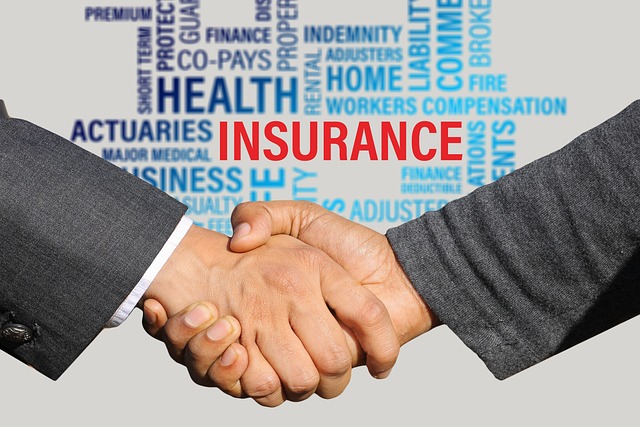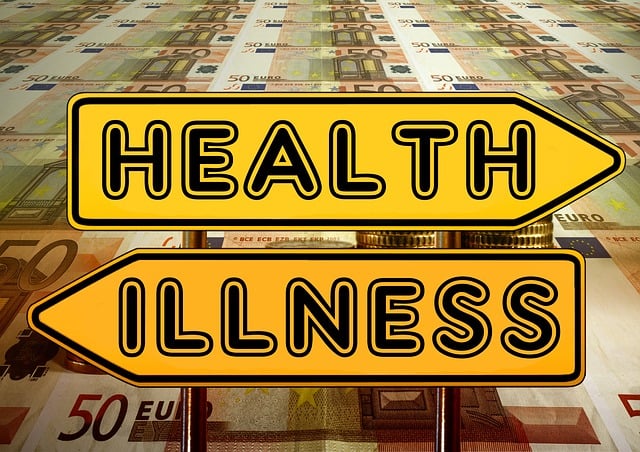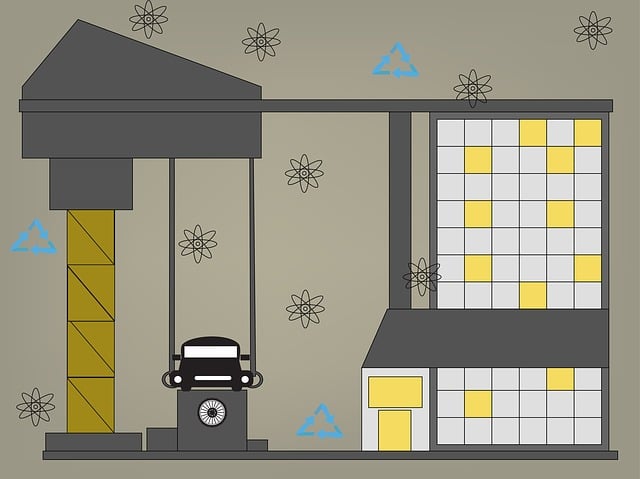Comprehensive Liability Insurance is a critical safety net for businesses, protecting them from a wide range of financial risks including personal injury, property damage, legal fees, and more. It covers unexpected events like slip-and-fall accidents, product liability issues, and professional negligence, enabling business owners to focus on growth without constant worry. Key components include general liability, professional liability, and business interruption coverage, but policies have exclusions like war, terrorism, and natural disasters, requiring regular updates based on unique business needs. All businesses, regardless of size or industry, benefit from this insurance, with specific risks varying by sector. Swift claim notification to the insurer ensures a smooth process.
“In today’s unpredictable business landscape, safeguarding your operations against potential risks is paramount. Comprehensive Liability Insurance emerges as a robust shield, offering protection against various liabilities. This article serves as an extensive guide, delving into the intricacies of comprehensive liability insurance and why it’s an indispensable asset for businesses. From understanding policy coverage to navigating claims, we’ll explore key aspects, ensuring entrepreneurs make informed decisions.”
Understanding Comprehensive Liability Insurance: A Detailed Overview

Comprehensive Liability Insurance is a crucial component in safeguarding your business from potential financial risks and liabilities. This type of insurance provides protection against a wide range of claims, including personal injury, property damage, and various other expenses that may arise due to business activities. It offers a safety net by covering legal fees, settlement costs, and medical bills associated with these incidents.
The overview of Comprehensive Liability Insurance involves understanding its key features. This insurance policy typically covers general liability claims, such as slip-and-fall accidents on your premises or product liability issues. It also extends to more specific scenarios like professional negligence, advertising injuries, and even business-related auto accidents. By having this insurance in place, businesses can rest assured that they are prepared for unexpected events and have the financial backing to navigate through legal complexities and settlements.
Why Is Comprehensive Liability Insurance Crucial for Businesses?

In today’s dynamic business landscape, where legal and financial risks are ever-present, Comprehensive Liability Insurance stands as a shield for companies navigating an increasingly complex environment. This robust coverage is crucial for businesses of all sizes as it protects against a wide range of potential liabilities, from product defects and personal injuries to professional negligence and data breaches. By providing a comprehensive safety net, it enables business owners to focus on growth and innovation without the constant burden of worry.
Comprehensive Liability Insurance offers peace of mind by covering various claims that could arise in the normal course of business operations. It ensures businesses are prepared to manage unforeseen circumstances, such as lawsuits or settlement costs, which can be financially devastating. This insurance is a strategic investment, demonstrating a company’s commitment to risk management and its employees’ well-being, thereby fostering trust among customers, partners, and stakeholders.
Key Components of a Comprehensive Liability Policy

Comprehensive Liability Insurance is an indispensable shield for businesses, offering protection against potential risks and claims. At its core, a robust policy comprises several key components designed to safeguard various aspects of a company’s operations. Firstly, it includes general liability coverage, which compensates for damages arising from bodily injury or property damage on business premises. This ensures that your organization is financially secured in case of accidents involving customers, employees, or third-party visitors.
Additionally, comprehensive policies often feature professional liability insurance, designed to protect against claims related to negligence, errors, or omissions in professional services. This is particularly vital for industries like consulting, legal, and medical fields. Moreover, many policies include business interruption coverage, which provides financial stability during unforeseen events disrupting normal operations, such as natural disasters or civil unrest.
Common Exclusions and How to Manage Them

Most Comprehensive Liability Insurance policies come with certain exclusions, which are circumstances or events that are not covered under the policy. Understanding these exclusions is crucial for effective business protection. Common exclusions include acts of war, terrorism, and natural disasters, such as floods or earthquakes. These are typically excluded because they are seen as unpredictable and outside the control of insurance providers.
To manage these exclusions, businesses should consider purchasing additional coverage for high-risk areas or situations. For instance, if your business operates in a region prone to severe weather events, you might want to invest in flood insurance. Similarly, if your operations involve international travel or political instability, enhanced terrorism coverage could be beneficial. Regularly reviewing and updating your policy to align with changing business needs and risks is essential for comprehensive liability protection.
Types of Businesses That Benefit Most from Comprehensive Liability Coverage

Many business owners often wonder who truly needs comprehensive liability insurance. The answer is simple: all businesses, regardless of size or industry, can benefit from this essential coverage. However, certain types of enterprises may have even more compelling reasons to prioritize it. Service-based businesses, such as restaurants, salons, and consulting firms, face a higher risk of accidents, injuries, or property damage due to their nature of operations. These incidents can lead to significant financial burdens and legal repercussions without adequate protection.
Additionally, businesses operating in industries with strict regulatory requirements, like construction or healthcare, should strongly consider comprehensive liability insurance. The potential for lawsuits and claims related to non-compliance or medical malpractice is substantial, making this coverage a crucial shield against devastating financial losses. Moreover, businesses that involve interactions with the public, including retail stores and hotels, are at higher risk of slip-and-fall accidents, product liabilities, and other incidents that could lead to costly settlements.
The Claim Process: What to Expect When Filing a Claim

When filing a claim under your Comprehensive Liability Insurance, understanding the process is key to ensuring a smooth experience. The initial step involves notifying your insurance provider as soon as possible after an incident or accident. This swift action allows for prompt assessment and management of the situation. You can reach out to them via phone, email, or through their designated online portal, providing details about what happened, when, where, and any relevant information regarding parties involved.
Afterwards, your insurance company will guide you through the rest of the process. They’ll assign a claim handler who will collect necessary documents, such as police reports, medical bills, and any evidence related to the incident. This documentation is crucial for supporting your claim. Regular communication with your claim handler is essential, ensuring you understand each step and providing them with any additional information they may require.
